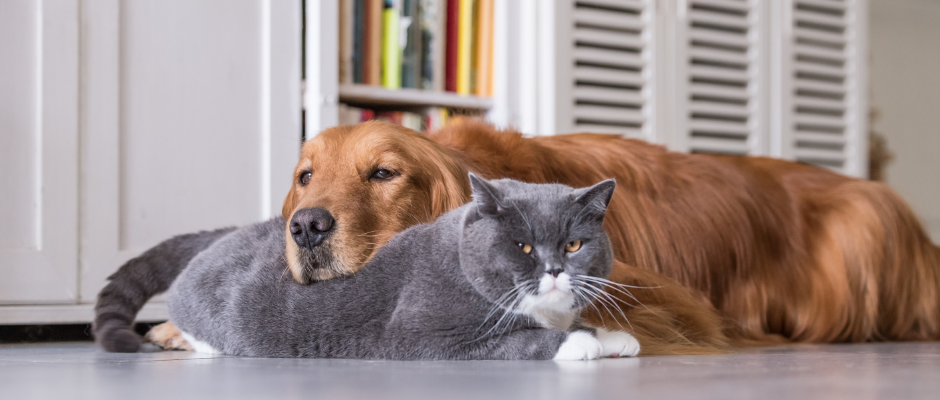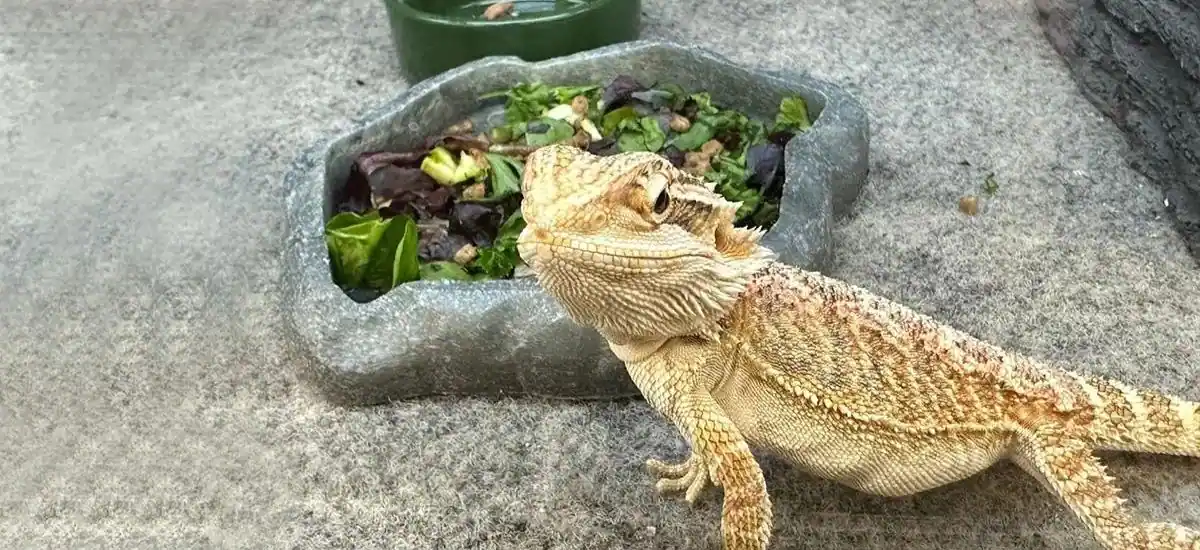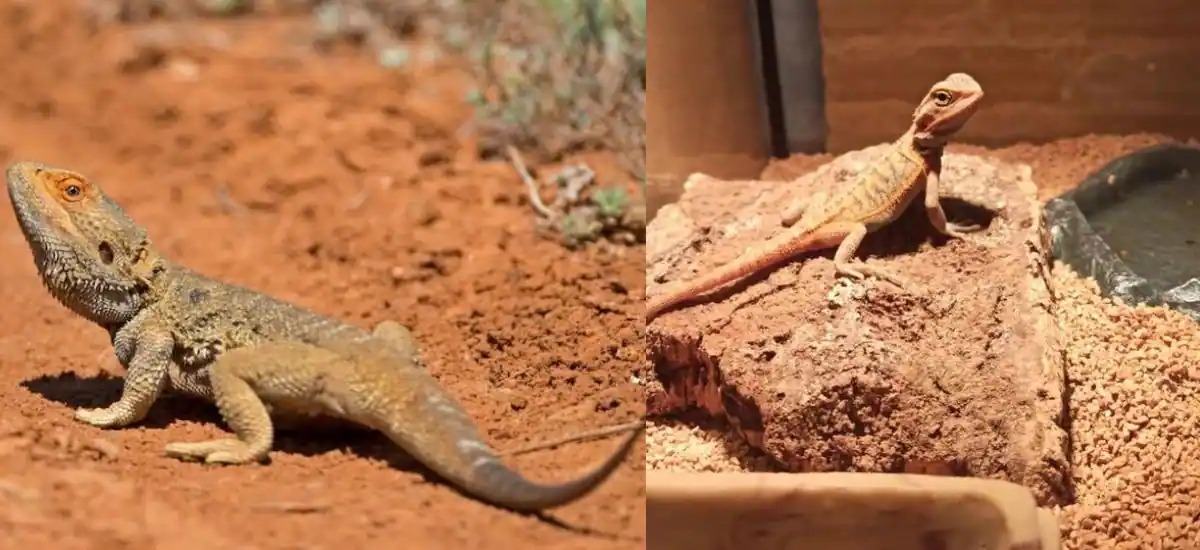Bearded dragons are popular pets known for their friendly nature and distinctive appearance. To keep them healthy, it’s crucial to provide a balanced diet rich in nutrients. Greens play a vital role in their diet, offering essential vitamins and minerals. This guide aims to help you choose the best greens for your bearded dragon, ensuring they receive optimal nutrition.
Nutritional Needs of Bearded Dragons
Bearded dragons require a balanced diet to thrive, with greens being a significant component. Greens provide vital nutrients such as calcium, vitamins, and fiber, which support bone health, digestion, and overall well-being. Including a variety of greens in their diet ensures they receive a broad spectrum of nutrients.
Top 10 Greens for Bearded Dragons
While it’s important to provide a balanced diet primarily consisting of staple greens, bearded dragons can also enjoy some greens as occasional treats. These greens are nutritious but should be fed in moderation to avoid potential health issues. Here are some greens that can be given as occasional treats:
1. Bok Choy
Bok choy is a leafy green vegetable that provides vitamins A, C, and calcium. It can be a tasty treat for your bearded dragon but should be given occasionally due to its relatively high water content, which can lead to digestive issues if consumed in large quantities. Chop bok choy finely and mix it with other staple greens for variety.
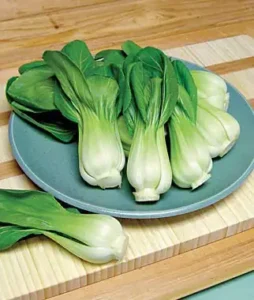
2. Swiss Chard
Swiss chard is rich in vitamins A, C, and K, as well as minerals like magnesium and potassium. However, it contains oxalates that can interfere with calcium absorption if fed too frequently. Offering Swiss chard as an occasional treat can provide a nutritional boost without causing harm.
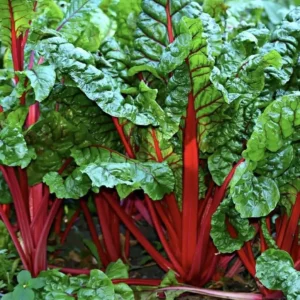
3. Spinach
Spinach is packed with nutrients, including vitamins A, C, and K, and iron. However, its high oxalate content can bind calcium, making it less available for absorption. Therefore, spinach should be given sparingly and mixed with other greens to ensure your bearded dragon receives a balanced diet.
4. Beet Greens
Beet greens are an excellent source of vitamins A and K, as well as minerals like calcium and iron. While nutritious, they also contain oxalates and should be fed in moderation. Including beet greens occasionally can add variety to your bearded dragon’s diet without overloading them with oxalates.
5. Radish Greens
Radish greens are rich in vitamins A, C, and calcium. They can be a flavorful addition to your bearded dragon’s diet but should be offered sparingly due to their potential to cause digestive upset if fed in large amounts. Chop radish greens finely and mix them with other greens to provide a balanced meal.
6. Broccoli Leaves
Broccoli leaves contain vitamins A, C, and calcium, making them a nutritious treat. However, they also contain goitrogens, which can interfere with thyroid function if consumed in excess. Feeding broccoli leaves occasionally can provide variety and nutritional benefits without posing a risk.
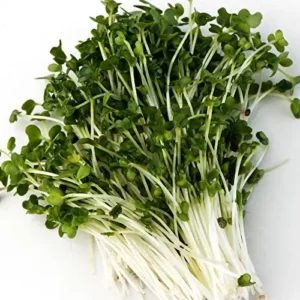
7. Mint
Mint leaves can be a refreshing treat for your bearded dragon, offering vitamins A and C, along with antioxidants. However, mint should be given sparingly due to its strong flavor and potential to cause digestive issues if overfed. Use mint leaves occasionally to add a new taste to your bearded dragon’s diet.
8. Cabbage
Cabbage is a good source of vitamins C and K, but it also contains goitrogens that can affect thyroid function if consumed regularly. Offering cabbage as an occasional treat can provide a crunchy, nutritious option without risking health issues.
9. Collard Greens
Collard greens are one of the best choices for bearded dragons due to their high nutritional value. They are a rich source of calcium, which is crucial for preventing metabolic bone disease. Additionally, collard greens provide vitamins A, C, K, and folate, which are essential for immune health, vision, and blood clotting. To serve, finely chop the collard greens to make them easy for your bearded dragon to eat, and mix them with other suitable greens to keep the diet varied and interesting.
10. Mustard Greens
Mustard greens are another excellent option for bearded dragons. They are packed with nutrients, offering a good amount of calcium, vitamins A, C, and K, as well as antioxidants that help protect your pet’s health. These greens can add a peppery flavor to the diet, which might be appealing to some bearded dragons.
Common Mistakes to Avoid When Feeding Greens to Bearded Dragons
When feeding greens to your bearded dragon, avoiding common mistakes can help ensure their health and well-being. Here are several important points to consider:
1. Overfeeding High-Oxalate Greens: Greens like spinach, Swiss chard, and beet greens are high in oxalates, which can bind calcium and prevent its proper absorption. Feeding these greens in excess can lead to calcium deficiencies, impacting bone health and overall well-being.
2. Lacking Variety in the Diet: Providing the same greens daily can lead to nutritional imbalances. Different greens offer different nutrients, so it’s crucial to rotate them to ensure a balanced intake of vitamins, minerals, and fiber.
3. Ignoring Proper Preparation: Failure to properly wash and chop greens can lead to health risks such as exposure to pesticides and potential choking hazards. Always wash greens thoroughly and chop them into small, manageable pieces.
4. Feeding Inappropriate Greens: Some greens are not suitable for bearded dragons and can even be harmful. Avoid feeding lettuce regularly as it is low in nutrients and can cause diarrhea. Rhubarb and avocado are toxic and should never be fed.
5. Overlooking Freshness: Feeding wilted or spoiled greens can lead to digestive issues and potential health problems. Always ensure that the greens you provide are fresh and free of mold or decay.
6. Providing Unbalanced Portions: While greens should form a significant part of a bearded dragon’s diet, they need to be balanced with other food groups like live insects for protein. Too much or too little of any food group can lead to health issues.
Frequently Asked Questions
Q1. How often should I feed greens to my bearded dragon?
Ans. Greens should be offered daily as part of a balanced diet.
Q2. Can I feed my bearded dragon wild greens?
Ans. Only if you are certain they are pesticide-free and safe for reptiles.
Q3. What are the signs of nutritional deficiency in bearded dragons?
Ans. Symptoms may include lethargy, poor growth, and brittle bones. Consult a vet if you notice these signs.
Conclusion
While these greens can be given as occasional treats, it’s essential to ensure they do not replace the staple greens in your bearded dragon’s diet. Moderation is key to maintaining a balanced diet and preventing potential health problems. By offering a variety of greens, both staple and occasional treats, you can keep your bearded dragon healthy and satisfied. Always monitor your pet’s health and adjust their diet as needed to ensure they thrive.
Read More:-

